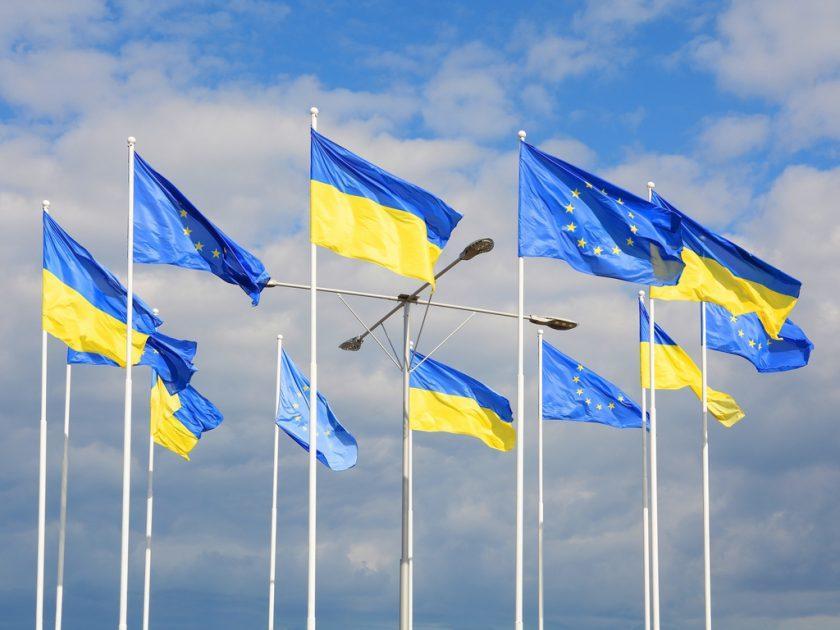Bohdan Myronenko, Expert on Eastern Europe and Balkans, ADASTRA Think Tank
Recently, a number of Eastern Partnership countries have applied for membership in the European Union. Ukraine submitted a bid to join the EU in early March, shortly after the full-scale Russian invasion to Ukraine began, and was followed within days by Georgia and Moldova, which were handed their respective questionnaires on April 11, on the sidelines of the Foreign Affairs Council in Luxembourg. StrategEast has interviewed leading experts from EaP countries. Here are the answers from Ukraine.
Is the task of joining the EU affordable for your country?
The task of joining the EU is, of course, quite hard for any country as it foresees compliance with many standards in different spheres – from the protection of customers and sustainable energy to empowerment of communities and anti-corruption control. However, Ukraine is generally able to cope with those tasks as the harmonization largely began back in 2014. The government of Ukraine, supported by the NGOs and the government institutions of the European countries, managed to support the main stakeholders in the process of transition, the brightest example being the issue of PDOs: Ukrainian producers managed to largely replace the names “Champagne” and “Cognac” without many losses.
What key aspects (economic, political, social) are close to European in your country?
In Ukraine, essentially, all aspects are quite important to be fulfilled. The development of truly European communities, to wit those where the population is active and responsible, is no less important than, for instance, structural governmental reforms while combating academic dishonesty is as necessary as implementing changes in the Security Service. Hence our main goal is the structural and coherent development of all spheres of life. The holistic approach is a prerequisite of success.
What needs to be improved?
First of all, let me assure the readers that devotion to reforms has been and remains shared by all the Ukrainian governments and presidents. The need for improvements is realized and currently we are endeavoring to keep this process running even in hard circumstances of wartime which is in itself a major success, an evidence that Ukraine remains unbowed. The major reform opposed by many politicians is the deprivation of the Security Service of Ukraine (SBU) of its economy-related functions. We managed to establish the Economic Security Bureau (BEB) but the full functioning is quite problematic. Secondly, the issue of the National Anti-Corruption Bureau (NABU) remains acute as the political influence on its activity remains significant. And, last but not least, the issue of international acts of utmost importance such as the ICJ Rome Statute and the Istanbul Convention are still not ratified. Though quite different in character, they both can strengthen the positions of Ukraine in the world and prove we are devoted to international justice.




